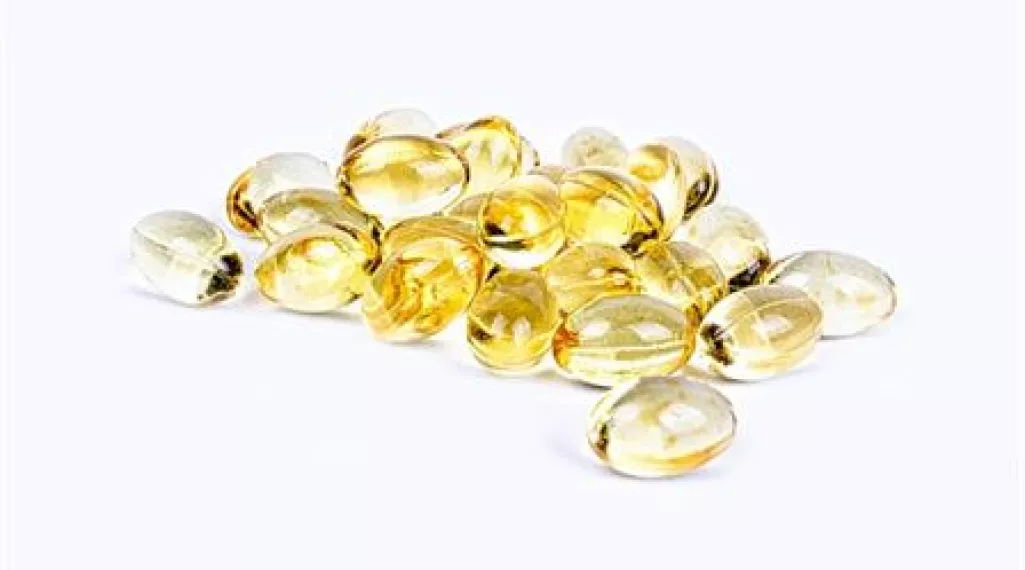
Decoding the vitamin D story: What you need to know

Contributed by Kimmie Ng, MD, MPH
It seems like there is a new study about vitamin D’s effects on colon cancer every few months, with each one arriving at different conclusions about whether it is helpful. The latest is a large clinical trial of vitamin D and calcium for the prevention of colorectal polyps. This trial randomly assigned 2,259 people with a history of polyps to receive one of the following:
- 1,000 units of vitamin D3
- 1,200 mg of calcium carbonate
- Both
- Placebo once a day for 3-5 years
The primary goal of the study was to see whether taking these supplements could prevent the development of new polyps, specifically adenomas, which have the potential to turn into colorectal cancer. They found that people taking vitamin D and/or calcium did not have a lower rate of polyps detected on their follow-up colonoscopy as compared to those taking placebo.
So does this mean that all of the previous evidence about the protective benefits of vitamin D is not true? Not necessarily.
The trial was very well-designed, and most subjects were compliant with the supplements and follow-up colonoscopy. The study also enrolled a large enough number of subjects to be able to address the question at hand—namely, whether vitamin D and/or calcium can lower the chance of getting additional polyps.
However, does the discovery of these polyps always predict the development of the ultimate outcome we are trying to prevent: colorectal cancer? The answer is no.
A whopping 43 percent of the participants in the trial had polyps detected on their follow-up colonoscopy 3-5 years later, and we know from studies of cancer statistics that not all of these polyps will turn into cancer. Therefore, looking at the rate of new polyps may not be the best way to assess the protective potential of vitamin D against colon cancer.
There are also other limitations—the dose of vitamin D may not have been high enough to significantly raise vitamin D in the blood to desired levels, and subjects may not have taken the vitamin D and calcium long enough to see a benefit. Fortunately, there is an even larger clinical trial going on now that will test whether a higher dose of vitamin D (2,000 units per day) can prevent colorectal cancer. The VITAL study (VITamin D and OmegA-3 TriaL) has already enrolled nearly 26,000 healthy individuals and will also be looking at whether vitamin D and omega-3 fatty acids are protective against cardiovascular disease, stroke and other types of cancer. Results are not expected for a couple more years.
So what do we know about vitamin D and colon cancer today?
We know that observational studies have consistently shown strong links between higher levels of vitamin D in the blood and lower risk of colorectal cancer, as well as longer survival in patients already diagnosed with colorectal cancer. But these are just correlations and do not prove cause and effect. The only way to get definitive answers about whether vitamin D can protect against colon cancer and help patients live longer is to conduct randomized clinical trials. VITAL is one such trial looking at vitamin D in cancer prevention, and we are leading another large phase II trial of high-dose vitamin D in combination with standard chemotherapy in patients with metastatic colorectal cancer. So the jury is still out about whether vitamin D helps, but hopefully we will have answers soon.
In the meantime, patients should speak to their doctors about whether it makes sense to get their blood levels of vitamin D checked and whether they need to start a supplement to raise levels up to recommended values.
Kimmie Ng, MD, MPH, is an Assistant Professor of Medicine, Harvard Medical School, and Director of Clinical Research, Center for Gastrointestinal Oncology, at Dana-Farber Cancer Institute
Top resources

EPIC Act to Advance New CRC Therapies Needs Support
The EPIC Act would encourage investment in clinical trials for additional uses of existing drugs.

Michelle Cappel: Biomarker testing extends life
Michelle Cappel owes a lot to colorectal cancer biomarker testing — seven years of life and counting.

Don Shippey: from stage IV to six years cancer-free after receiving HAI pump
Don Shippey was 55 years old in 2016 when he decided he’d been putting off his colonoscopy long enough.





